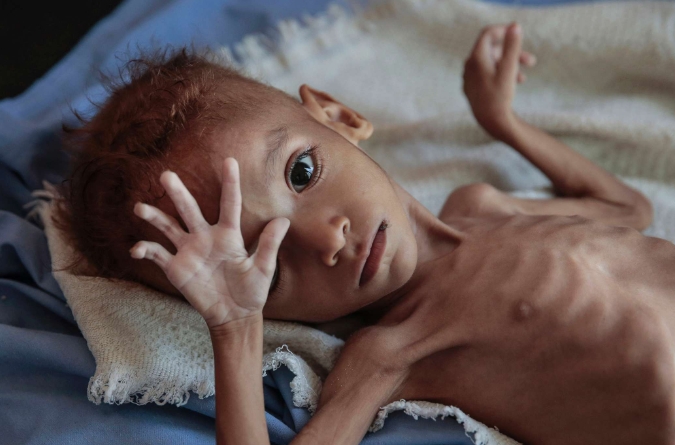Starvation: Stages, Effects, Complications
Starvation is a severe condition in which the human body is deprived of food for an extended period, leading to suffering and, in many cases, death. The process of starvation is slow and cruel, causing the body to waste away as it depletes its energy reserves.
Stages of Starvation:
- Initial stage: Begins as early as a skipped meal
- Prolonged fasting: The body relies on stored fats for energy
- Fatal stage: All stored fats have been depleted, and the body turns to bone and muscle for energy
Effects on the Body:
- In the early stages, the body relies on glycogen stored in the liver for energy
- As starvation progresses, the body uses stored fats and then muscles, leading to a gaunt appearance
- The brain is deprived of energy, causing irritability, mood swings, and difficulty concentrating
- Heart function is affected, with a drop in blood pressure and pulse
- The heart can shrink from its typical weight of 300g (11oz) to 140g (5oz) in later stages
- Digestive tract muscles may be affected, causing inability to push food through the gut
- The immune system shuts down, making individuals susceptible to secondary infections
- Hormone production (testosterone, oestrogen, and thyroid hormones) is affected, leading to weak bones, menstrual irregularities, and increased risk of hypothermia
- Hair loss or brittle hair can occur
Complications:
- Marasmus and kwashiorkor: Severe protein deficiency causing fluid retention and a swollen abdomen in children
- Pancreatitis
- Gastroenteritis
- Refeeding syndrome: Sudden availability of food can lead to a rush of glycogen, fat, and protein production in cells, which can be fatal if not managed properly
Impact on Infants:
- Starvation in infants under the age of two can limit brain development, cognitive potential, and have lasting negative effects on future health
Duration and Mortality:
- The human body can last up to three weeks without food, based on observation
- Most starving people succumb to secondary infections rather than starvation itself
Psychological Effects:
- Acute physical and psychological distress can occur in the short term due to the pain of hunger
- Starvation survivors can experience long-lasting physical and psychological effects
Treatment:
- Gradually introducing food under medical supervision is crucial to prevent refeeding syndrome
- Specialist management is required to prevent early mortality in children with marasmus and kwashiorkor.


